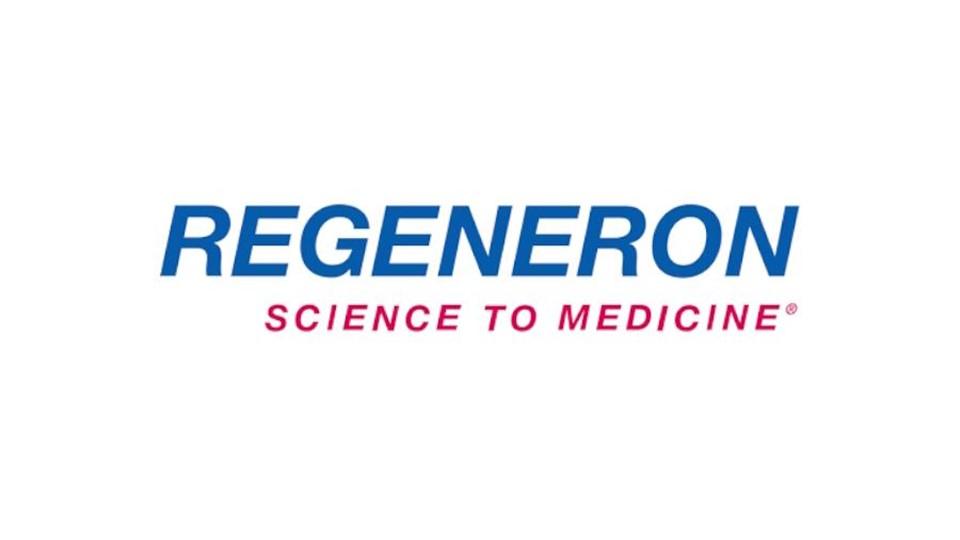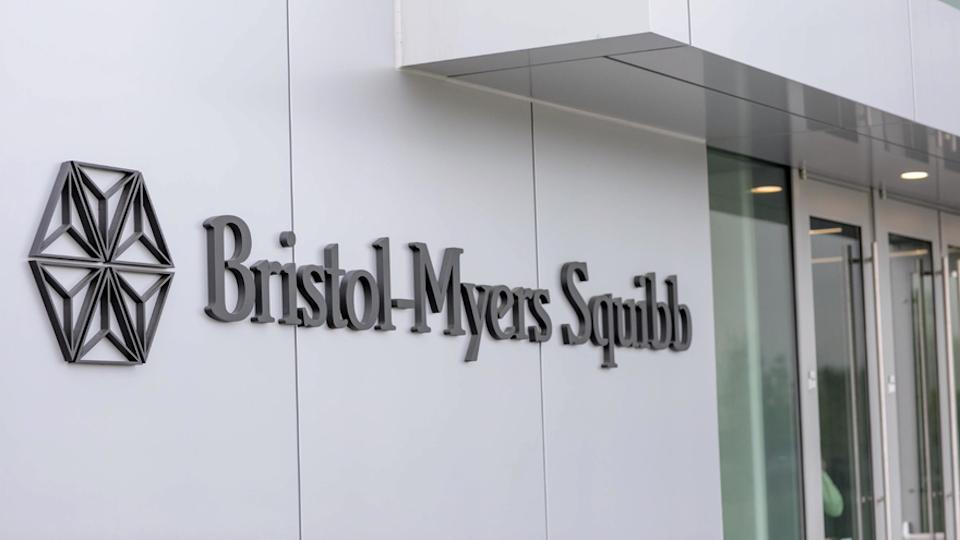FDA starts swift review of Regeneron’s CD20 bispecific

The FDA has started a priority review of Regeneron’s CD20xCD3 bispecific antibody odronextamab, seeking a broader label than other drugs in the class.
The US regulator is reviewing odronextamab for two forms of B-cell non-Hodgkin lymphoma (NHL) – follicular lymphoma (FL) and diffuse large B-cell lymphoma (DLBCL) – in patients previously treated with at least two prior systemic therapies.
If approved for that indication, odronextamab could steal a march on the three other CD20xCD3 bispecific antibodies on the market, which for now are all approved for one form of NHL only.
Roche’s first-to-market Lunsumio (mosunetuzumab) is currently approved only as a third-line or later therapy for FL, although, it sells another bispecific called Columvi (glofitamab) for DLBCL or large B-cell lymphoma (LBCL) arising from FL - again, after two lines of prior therapy.
AbbVie/Genmab’s recently-approved Epkinly (epcoritamab), meanwhile, is labelled for use in DLBCL patients after two or more systemic therapies, but was submitted for the FL indication in June, so could beat odronextamab to the punch if approved.
Odronextamab is intravenously administered, like Lunsumio, while Epkinly can be given by subcutaneous injection. Both Roche and Regeneron are also running clinical trials of subcutaneous formulations of their bispecific antibodies, and all three companies are running clinical trials in earlier lines of therapy, as well as other forms of NHL, in a four-way battle for market share.
Regeneron, which has also filed its bispecific antibody in the EU for the same indications, has studies on the go in mantle cell lymphoma (MCL) and marginal zone lymphoma (MZL), and is also testing odronextamab in tandem with a CD22xCD28 bispecific REGN5837 in aggressive B-cell NHL.
All four bispecific antibodies provide a simpler “off-the-shelf” alternative to CAR-T therapies like Gilead Sciences’ Yescarta (axicabtagene ciloleucel), Novartis’ Kymriah (tisagenlecleucel), and Bristol-Myers Squibb’s Breyanzi (lisocabtagene maraleucel), which have complex manufacturing and administration procedures and require in-hospital care.
Regeneron has filed for approval of Zai Lab-partnered odronextamab on the back of a pivotal phase 2 study that showed a 49% objective response rate (ORR) in heavily pre-treated DLBCL patients, who were naïve to CAR-T therapy, with a complete response rate of 31%. In the FL group, the ORR was 82% with 75% achieving a CR.
Analysts at Jefferies have said they believe Epkinly will lead the class with sales of $2.75 billion a year, with Roche’s two CD20xCD3 bispecifics making around $2 billion combined. Odronextamab is viewed as trailing the leaders, in part because it was linked to some treatment-related deaths in its trials programme and spent some time on clinical hold during its development.













